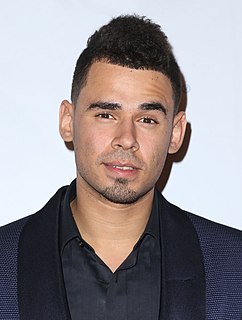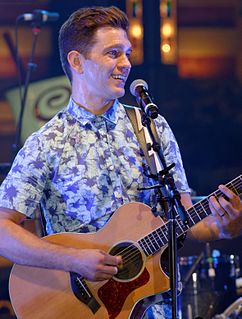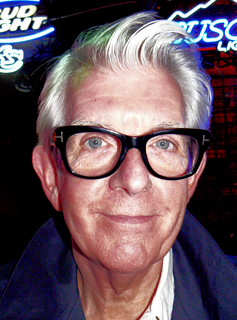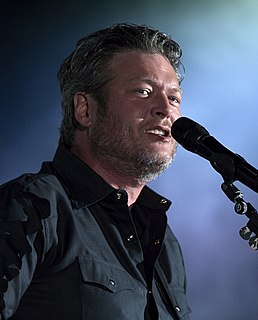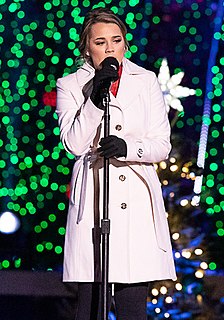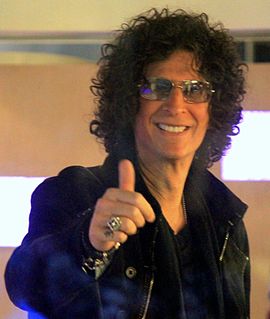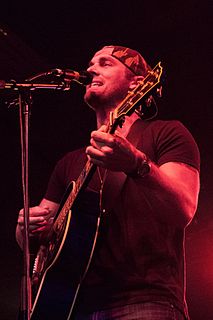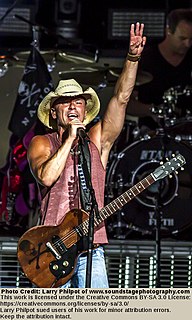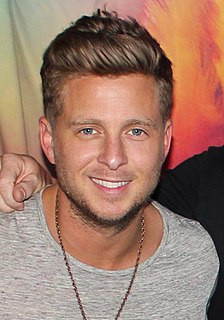A Quote by Afrojack
If you really want a radio station to play your song, go to that radio station every day with that song in your hand and say, 'Please play it.'
Related Quotes
I wrote 'Turn Your Radio On' in 1937, and it was published in 1938. At this time radio was relatively new to the rural people, especially gospel music programs. I had become alert to the necessity of creating song titles, themes, and plots, and frequently people would call me and say, 'Turn your radio on, Albert, they're singing one of your songs on such-and-such a station.' It finally dawned on me to use their quote, 'Turn your radio on,' as a theme for a religious originated song, and this was the beginning of 'Turn Your Radio On' as we know it.
And then, one day, they program a new tune, and it really catches your ear, you know, because you can be doing the washing up or something, you know, in your apartment and suddenly you go, whoa, what are they playing in there? And you run to the wall, but it's finished - but the song's finished. You only heard enough of it just the pique your interest. And you never know when they're going to play it again, of course, like a normal radio station.
When I hear other artists talk, they talk about 'How come radio's not playing my song?' Well, you have to look at it under a microscope and know that each station is just trying to do what's right for their market, and it's scary for a radio station to add a song that they don't know how well it's gonna do for them.
The power of a label and radio and a booking agency and all that - you never know until you experience it the first time, but being able to have a song on radio, but then go play a show for people that have heard the song on radio, and having it sung back to you, is - I don't know how to describe it.
